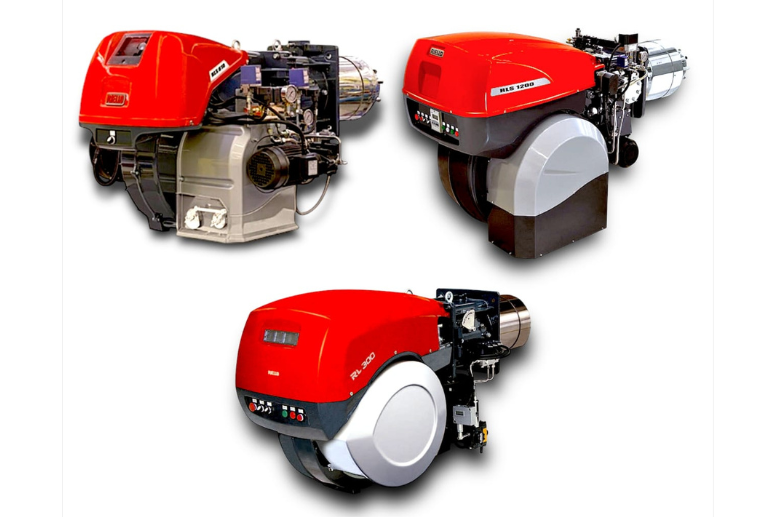Overall, the burner is a vital component that significantly influences the efficiency, safety, and environmental impact of heating systems. Its design and operation directly affect the performance of the entire system, making it crucial for achieving optimal heating outcomes and cost-effective operation.

Burner
A burner is a critical component of a boiler or furnace system, responsible for the efficient and controlled combustion of fuel. Its primary function is to mix fuel with air in the correct ratio and ignite it to produce heat, which is then transferred to the water or other process fluids within the system. Burners come in various designs and configurations, including gas burners, oil burners, and dual-fuel burners, each tailored to specific fuel types and operational requirements. The efficiency and performance of a burner directly impact the overall efficiency of the heating system, influencing factors such as fuel consumption, emission levels, and heat output.
Modern burners are equipped with advanced control systems and features such as automated ignition, variable flame modulation, and precise fuel-air mixing to optimize combustion. These features help achieve stable and efficient operation, reduce fuel wastage, and minimize emissions of harmful pollutants. For instance, advanced burners can adjust the flame size and intensity based on the load requirements, ensuring that the system operates at peak efficiency across different operating conditions.
